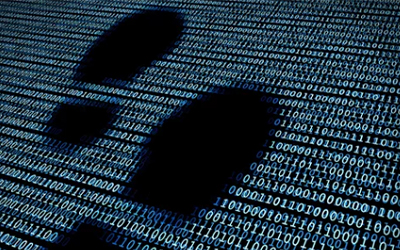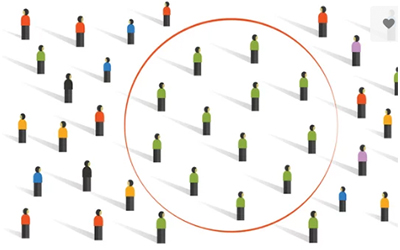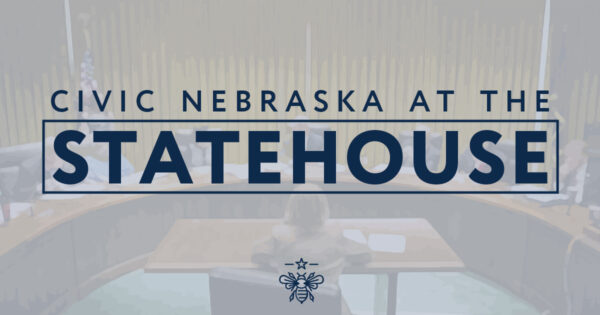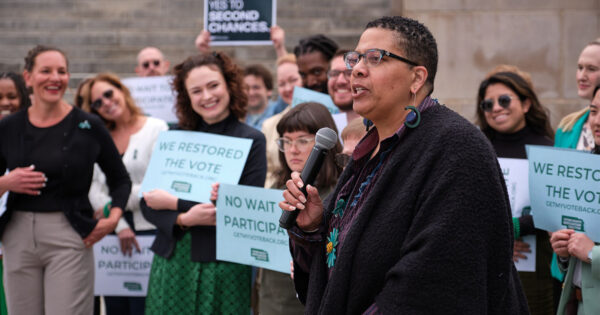A strong civic society requires active citizens participating in our democracy – that age-old balance between rights, roles, and responsibilities. When you consider what citizenship looks like in your mind’s eye, however, do you largely picture it happening face-to-face? For as much time as Americans spend in front of computer screens or smart phones, it’s imperative that we consider what good digital citizenship looks like, as well.
Those of us who remember the 1990s – those innocent days of America Online, Netscape, and Geocities – certainly recall the term “netizen.” It’s a portmanteau of “internet” and “citizen,” of course, and describes those who actively participate in the digital realm, engage with online communities, contribute to discussions, create content, and share information. Good netizenship positively shapes and influences our digital environments and culture. Just as we uphold our responsibilities as citizens in the physical world (or “meatspace,” to reach back for another ’90s term), we must approach the digital world with the same sense of duty.
Here are several ways to do just that.
Act ethically.

Responsible digital citizens adhere to a set of ethical principles that govern their online actions. This includes respecting the privacy of others, refraining from cyberbullying or harassment, and treating online interactions with the same respect as in-person, face-to-face interactions.
Raise your digital literacy.

Being digitally literate involves the ability to critically evaluate information, distinguish credible sources from unreliable ones, and recognize biases in content. Responsible digital citizens are committed to developing and using these skills to avoid falling victim to misinformation or disinformation.
Manage your digital footprint.

Being aware of one’s traces of online activities is crucial. Responsible digital citizens understand that their digital actions can have real-world consequences and take steps to maintain a positive and professional online presence. Protect personal information and respect the privacy of others. Use caution about sharing sensitive data and be aware of potential online threats.
Avoid echo chambers.

Good digital citizens are more than passive consumers. They actively contribute to the online ecosystem through posts, comments, blogs, videos, and other forms of communication. This can influence public opinion, spread information, and spark conversations. But this can also too easily gravitate toward environments where like-minded individuals reinforce their own beliefs without exposure to other perspectives. Good digital citizens actively seek out differing viewpoints to foster understanding and perspective.
Be a resource, not a drag on them.

Good digital citizens are often conduits of information who share news, ideas, and knowledge. This role requires careful consideration of the accuracy and credibility of the information we share. Knowingly spreading false or questionable information takes up others’ time, energy, and grace – and in many cases can be quite literally lethal.
Be real.

Just as in the “real world,” transparency is a key ingredient in responsible digital citizenship. With the appropriate safeguards, of course, we should represent ourselves honestly online and refrain from creating fake profiles or spreading false information. Burner accounts are bad for discourse, and they’re bad for democracy.
Collaborate.




